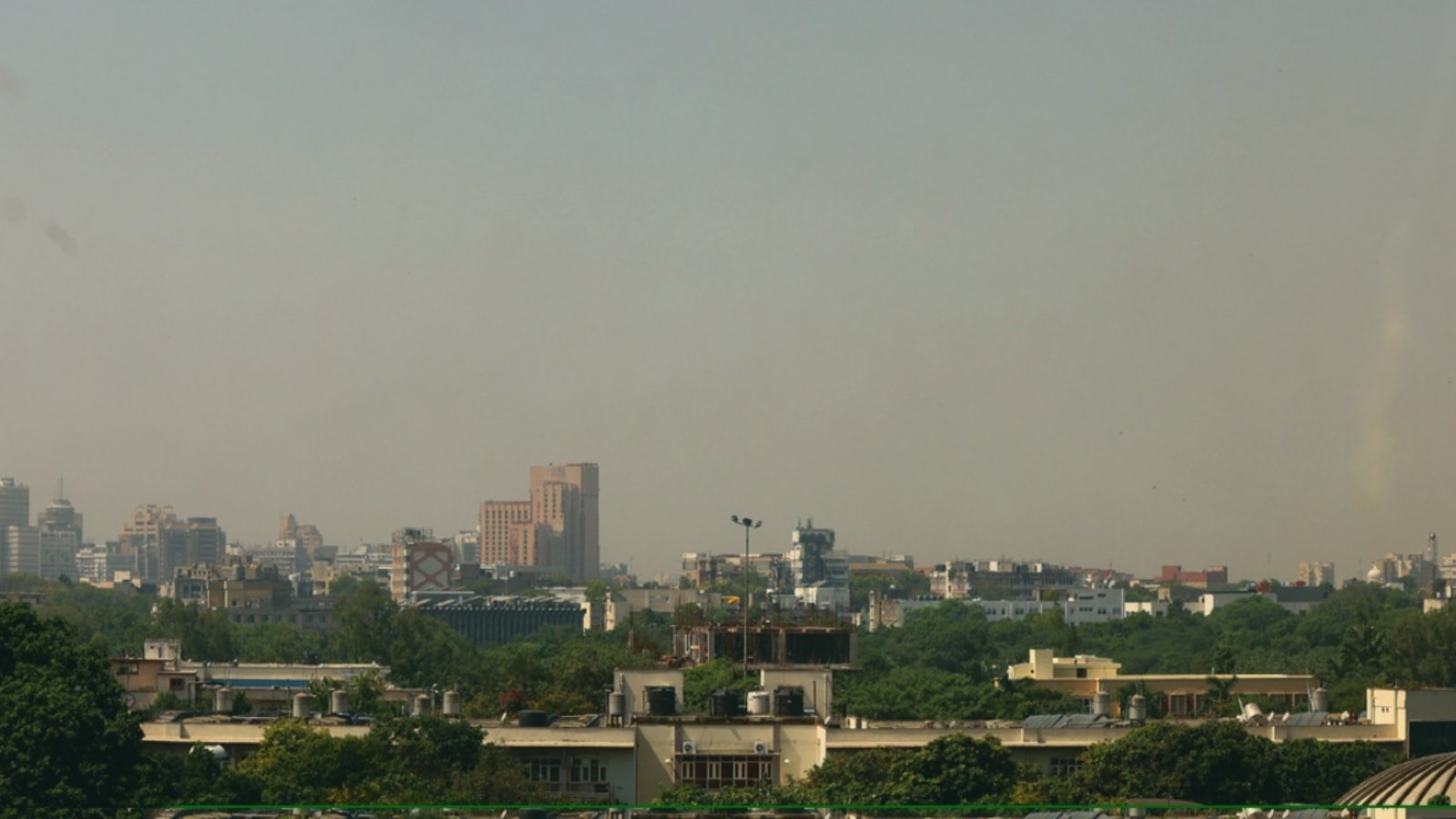 |
|
The city of Delhi, notorious for its fluctuating air quality, experienced a temporary reprieve from stringent environmental restrictions on Thursday. A light shower, beginning Wednesday night, effectively dispersed the persistent fog that had been blanketing the capital, leading to a noticeable improvement in air quality. This improvement, attributed to the rainfall and increased wind speeds, resulted in the lifting of Stage IV of the Graded Response Action Plan (GRAP). The 24-hour average Air Quality Index (AQI) dropped significantly from 386 to 302, moving from the 'severe' category to 'very poor'. This shift triggered the immediate revocation of GRAP IV measures, which had been implemented the previous day to combat the severe air pollution.
While the reduction in AQI is undoubtedly a positive development, offering some relief to Delhi's residents, the situation remains far from ideal. The AQI of 302 still falls under the 'very poor' category, signifying a significant level of air pollution that continues to pose health risks. This underscores the fragility of Delhi's air quality and its susceptibility to sudden shifts, influenced heavily by meteorological factors such as rainfall and wind patterns. The temporary improvement, therefore, should not be misinterpreted as a long-term solution to the persistent problem of air pollution in the national capital.
The Commission for Air Quality Management (CAQM), while lifting GRAP IV restrictions, took a cautious approach. Recognizing the potential for a resurgence in pollution, the CAQM maintained GRAP III measures across the entire National Capital Region (NCR). This decision highlights the proactive and precautionary approach adopted by authorities in addressing air pollution issues. GRAP III restrictions, though less severe than those under GRAP IV, will continue to impact various aspects of daily life in the NCR. These include the continuation of hybrid classes for students up to Class V, a measure aimed at minimizing children's exposure to polluted air. Furthermore, the ban on BS III petrol and BS IV diesel light motor vehicles remains in place, along with the suspension of all demolition and mining activities within the NCR.
The ongoing implementation of GRAP III restrictions underscores the complex and multifaceted nature of tackling air pollution in a megacity like Delhi. While meteorological conditions can provide temporary relief, sustained improvements require a multi-pronged approach addressing various sources of pollution. This includes stricter enforcement of emission standards for vehicles, industries, and construction activities, coupled with initiatives to promote sustainable transportation, improve waste management practices, and enhance green spaces within the city. Moreover, regional collaboration and coordination are crucial, as pollution levels in Delhi are significantly influenced by emissions from neighboring states. The continuous monitoring of air quality and adaptive implementation of GRAP measures, like the swift response observed this week, demonstrate the importance of proactive measures in mitigating the severe health and environmental impacts of air pollution.
Looking ahead, the episode highlights the need for long-term strategic planning and investment in sustainable solutions. A reactive approach, solely dependent on meteorological conditions, is not sustainable. A proactive, comprehensive, and consistent approach that addresses pollution at its source and promotes sustainable practices is vital for achieving lasting improvements in Delhi's air quality and ensuring a healthier environment for its residents. This includes investing in public transport, promoting cycling and walking, implementing stricter controls on industrial emissions, and significantly improving waste management systems. The experience of the past few days serves as a reminder that while temporary relief is welcome, sustainable solutions are paramount for a cleaner and healthier Delhi.
